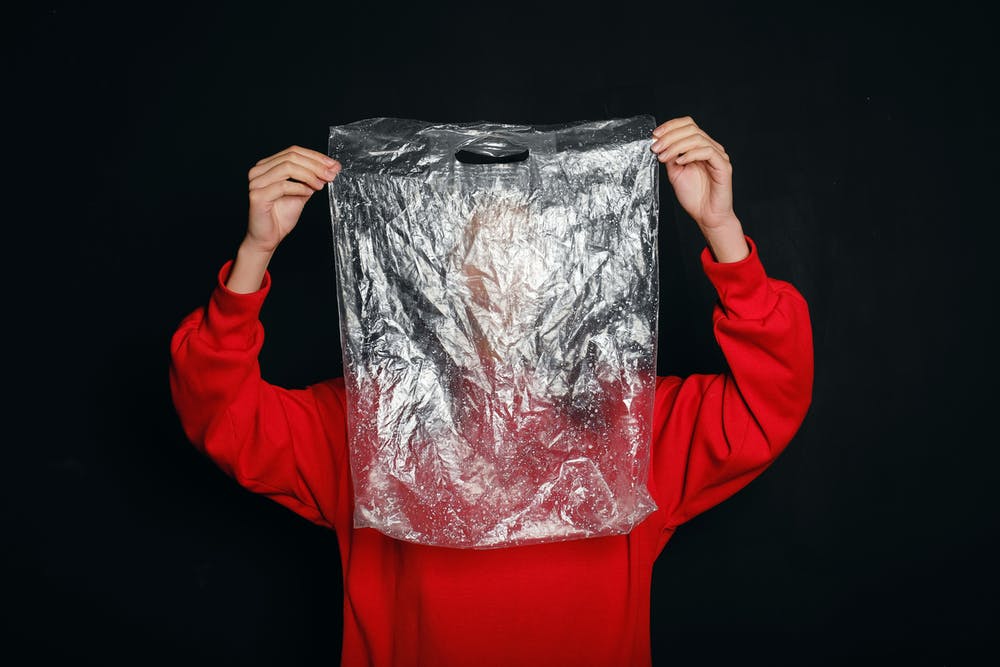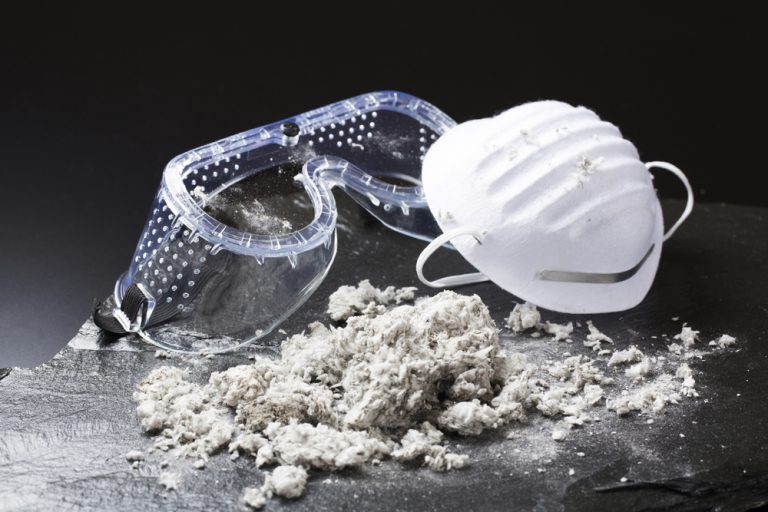Pollution can have significant effects on air quality. If you’ve ever had trouble seeing through the haze or found it hard to breathe while jogging by traffic, you’ve experienced the impact of low-quality air. It can make simple tasks harder and have adverse effects on your health.

The two main kinds of air pollution are ozone and particle contamination. You’ve probably heard people talking about ozone before, but you may be less familiar with particle pollution.
What Is Particle Pollution?
Particle pollution refers to tiny liquid and solid particles suspended in the air. Car exhaust, smoke and even dust are all examples of these pollutants. People often categorize these particulates within two groups — coarse particles, which are between 2.5 and 10 micrometers, and fine particles, which are smaller than 2.5 micrometers.
These particles can cause health problems like irregular heartbeats and difficulty breathing. They may lead to lung cancer or hinder children’s development. In severe cases, particle pollution can even cause premature death.
Particulates can also have environmental effects. At their least severe, particles can cause a haze, making it difficult to see. But they can also be more damaging, affecting the balance of nutrients within vital waterways or contributing to acid rain.
How Can You Reduce Particle Pollution?
Particle pollution is a concerning issue, but it’s not difficult to combat. There are simple steps everyone can take to reduce the number of particulates in the air. Here are five easy ways you can help fight it:
1. Stop Smoking
You already know smoking is bad for your health. But did you know it also contributes to pollution? Tobacco smoke contains harmful particles that are bad for you and the environment.
For both your sake and the sake of your natural surroundings, you may want to quit smoking. If you must smoke, do it outside to avoid bringing particles inside your home.
2. Heavy Cleaning
Dusting and vacuuming can generate particles by stirring up dust. To minimize the amount of dirt that these activities release into the air, clean more thoroughly and more often. You may even consider hiring a cleaning company to clean deeper than the average person can, preventing dust buildup.
3. Use Fireplaces Sparingly
Wood burning is one of the most significant contributors to particle pollution from domestic sources. If you cut back on using your fireplace, you can reduce the number of particles in the air.
When you do make a fire, try to use dead, dry wood to reduce the amount of smoke. You should also clean your chimney periodically to stop soot from accumulating in your home.
4. Don’t Burn Yard Waste
After you’ve cleaned up your yard, it may be tempting to burn the twigs and leaves you’ve gathered. But burning yard waste releases a lot of unnecessary smoke into the atmosphere. It may be less convenient, but it helps the environment if you use your waste company’s yard waste services.
If you wanted to go one step further, you could even mulch or compost your yard waste. These practices are cost-effective and great for the environment.
5. Reduce Vehicle Emissions
You’re probably well-aware at this point that gas-powered vehicles are hazardous to the environment. Car exhaust is full of dangerous particles that affect the health of both people and the environment. One of the best ways to reduce air pollution is by driving your car less.
Consider walking, riding a bicycle or carpooling. Taking public transportation can also be a significant help in reducing emissions.
How to Minimize Your Pollution Exposure
There are many ways to keep yourself safe from particle pollution. Decreasing your contribution will do a lot of good, but you can also avoid particulates from other sources. Minimizing your exposure will help you stay healthy.
If you go jogging, avoid doing so around heavy traffic or on days of high air pollution levels. You can check local air quality forecasts to see if it may be better to stay inside for a day. If you have school-age children, you can check if the school is involved in the EPA’s clean school bus program to minimize their exposure to pollutants.
Prioritize Your Health by Stopping Pollution
You shouldn’t take particle pollution lightly, but that doesn’t mean you need to worry about it. By making small adjustments to your day-to-day activities, you can avoid particulates and help make the world a cleaner place.



